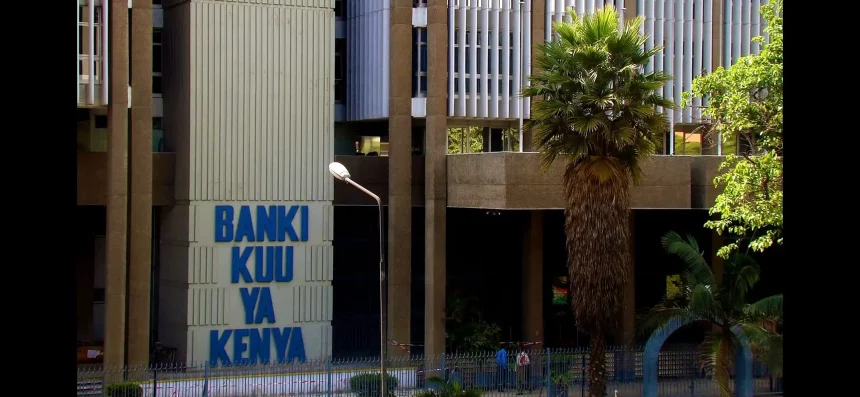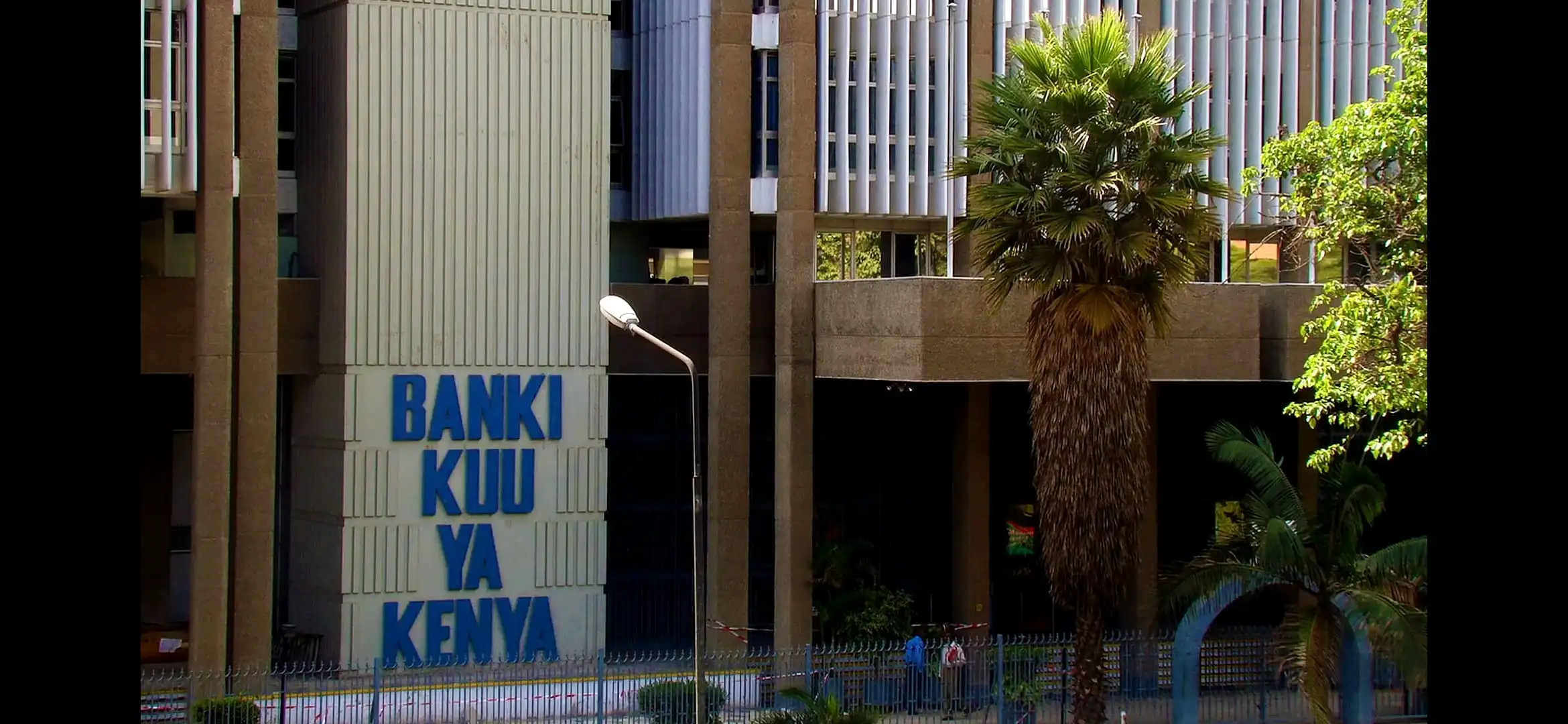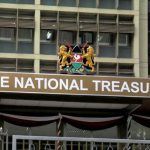Tax reliefs and incentives cost the Kenyan government Sh620.5 billion in revenues in the five years to February 2023, giving perspective to the scale of foregone income for the government amid liquidity pressures.
A statement by the Kenya Revenue Authority (KRA) tabled before the parliamentary Finance and Planning Committee shows that the government missed out on Sh620.5 billion shillings in tax reliefs and incentives in the period between January 2018 and February 2023.
This is likely to set the pace for the next push by the taxman to scrap incentives to support its tax collection targets.
Of this amount, 65 percent translating to Sh405 billion was attributable to reliefs and incentives related to customs while the remaining Sh216.0 billion was attributable to reliefs and incentives on domestic taxes.
Among the notable beneficiaries of tax reliefs and incentives in the period under review were Kenya Breweries Ltd (KBL), which was granted Sh8.2 billion in tax abandonment by the Treasury in January 2021.
Also, security agencies including the National Police and the Kenya Airforce were spared Sh4.9 billion and the standard gauge railway, Sh4.5 billion through the Treasury undertakings in 2020/21.
Authorised local assemblers of motorcycles were also spared Sh1.5 billion worth of taxes in 2020/21.
The data is set to give the government impetus on its push to cut off some incentives in favour of additional revenues.
Tax incentives are given to encourage investment and job creation. But several studies have suggested that some of the incentives have not resulted in a significant increase in jobs.
A previous study done by KRA showed that while enterprises in the export processing zones had received billions in tax incentives, they had not created as many jobs or exports, which means that the incentive was not working.
“A review carried out by the World Bank in 2015 on the tax incentives concluded that many had not delivered the expected impact such as lower prices for consumers or increased supply of specific products,” said Treasury Cabinet Secretary Njuguna Ndung’u.
The KRA has since written to the Treasury seeking to reverse tax abandonment worth Sh9.2 billion of which Sh8.2 billion is attributable to KBL, Sh612.7 million to the ICT ministry, Sh332.0 million to London Distillers and Sh38.2 million is attributable to Maendeleo ya Wanawake.
In its submission before the committee, the KRA has defended itself against any wrongdoing in the now controversial June 2019 tax waiver granted to NIC and CBA banks ahead of the merger consummated later that year.
“The import of this provision was that capital gains tax exemption under this paragraph was the sole prerogative of the Cabinet secretary for the National Treasury and Planning. KRA is, therefore, not privy to the details of the transaction as exempted by the National Treasury.
KRA has formerly written to the National Treasury to review and reconsider the capital gains tax exemption approval granted on NCBA in 2019,” the taxman says in its submissions.
On February 6, 2023, National Assembly Majority Leader Kimani Ichung’wah, wrote to the Treasury Cabinet secretary seeking information on all tax waivers, reliefs and exemptions since January 2018.
The statement tabled by the KRA before the committee revealed that exemptions were the biggest driver of foregone tax revenue between January 2018 and February 2023, accounting for Sh328.1 billion, followed by refunds at Sh127.2 billion.
The disclosures on tax expenditure, or revenue forgone by the KRA, are in line with a condition by the International Monetary Fund, which requires the Treasury to make public the benefits and their impact on the budget by the end of September of each year.
The Treasury and the KRA chiefs have in recent years been clawing back some of the preferential rates of tax, investment deductions, tax reliefs, zero-rating for value-added tax (VAT) purposes and exemptions as part of the structural benchmarks with the IMF.




